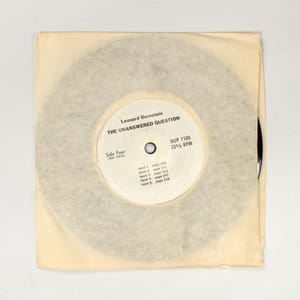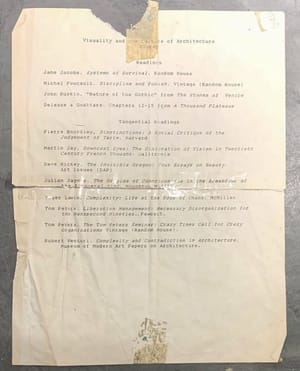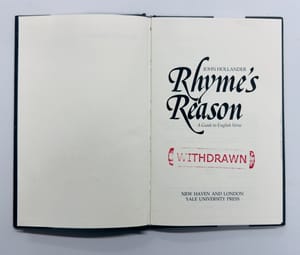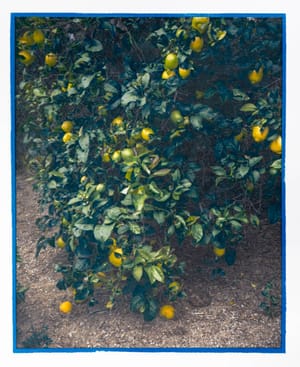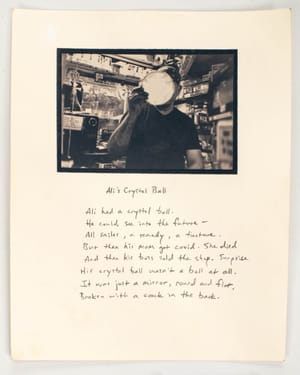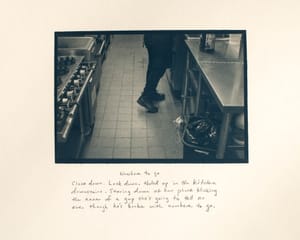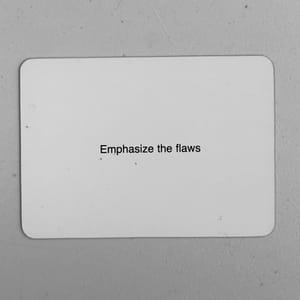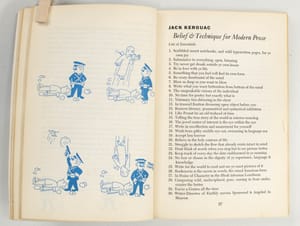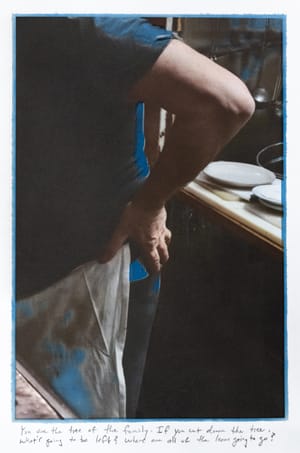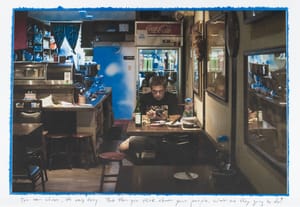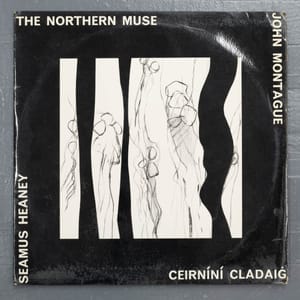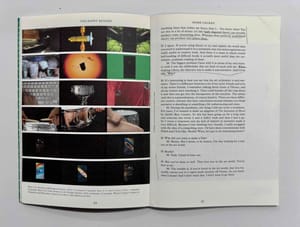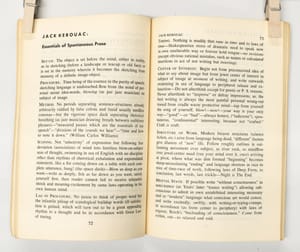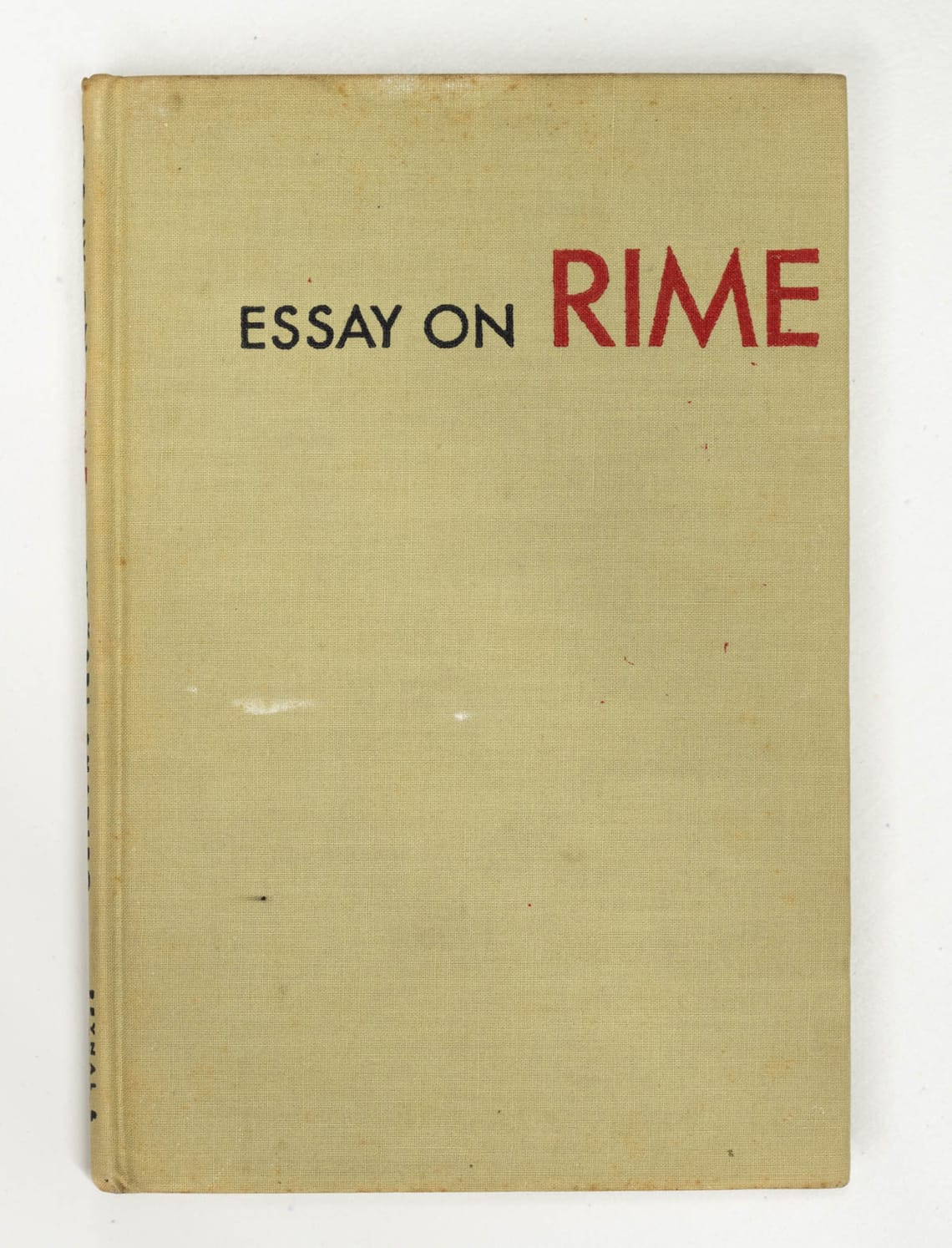
Essay on Rime by Karl Shapiro
The Rhetoric of Rime in Ulysses
Here we return to Joyce, the modern Lyly
To some, to others the mighty sphinx of words.
To him we put the question: Do you proceed
From rime to prose or prose to rime or both?
The riddle I believe is just; whoever
Sees in Ulysses willy-nilly form
Has not coped with the book as composition.
The poet takes every measurement of a word,
Weight, sound and size, before setting it in
Its preordained position in the line.
The novelist works in larger scale; the mass
To him is greater than the particle;
Nor does he dare, for fear of interrupting
The narrative momentum, to attract
The eye upon a snag of rhetoric.
Joyce measures every inch; each line can pass,
By virtue of its word-by-word impact,
As poetry of the highest skill. (I speak
Of all the chapters of the book in which
He does not parody deliberately
The prose of others.) Emerson is a freak
Of English rhetoric in that what he sought
was prose encrusted with the craft of rime;
But Joyce begins with rime, proceeds with rime
And ends, as I believe, with rime. If one
Is forced to stop upon a word because
The eye or ear is caught there; if a phrase
Creates a visible image in the mind;
If by a fractional motion of a form
The heart us stirred; or if the sense of beauty
Dilates in pleasure at the artifice;
And if by repetition, emphasis,
And open predomination of device
These forms are made overt and multiplied,
Then what one reads belongs by aim and method
To rime. Nor does this indicate the worth
Of the particular poem. Many a lame
And halt example of inferior verse
Is well-conceived as rime but ill-begot.
In such a case we say the man has failed
His mark. We are concerned here with intention,
And I assert that Joyce wrote as a poet
Whether he made the grade or not. Invention
Floods his books; he honors Ezra Pound;
The name Ulysses symbolizes poetry;
Dedalus is the poet par excellence
Of his own world. In short, all that is found
In these disputed pages well equates
With much of poetic method that we know.

